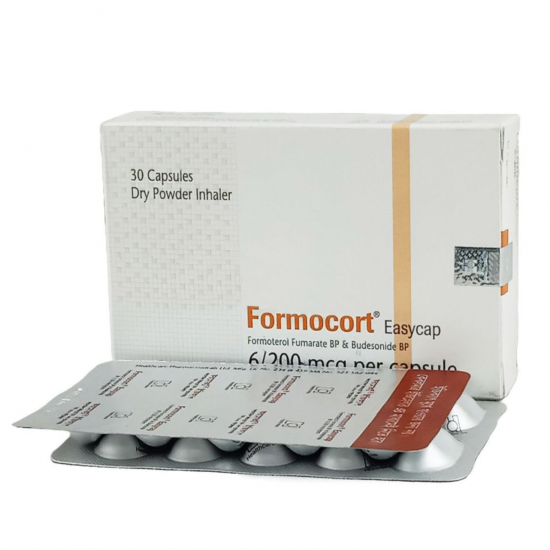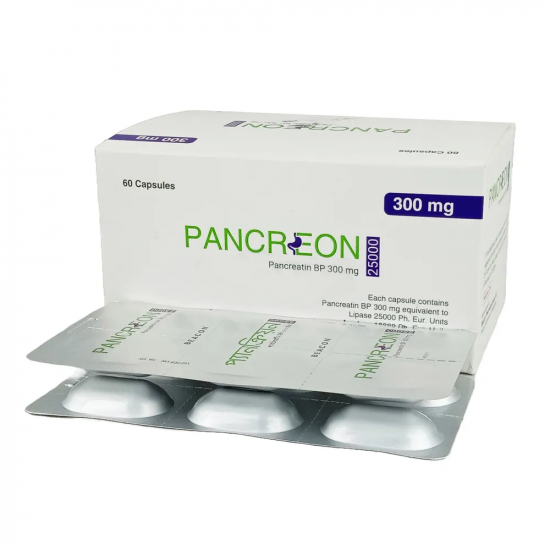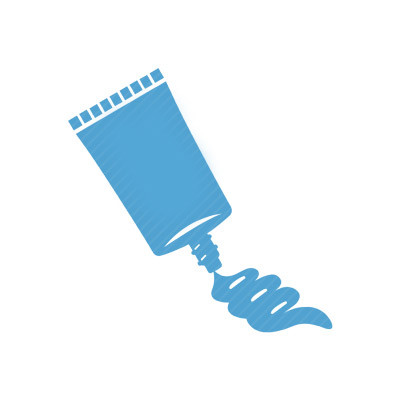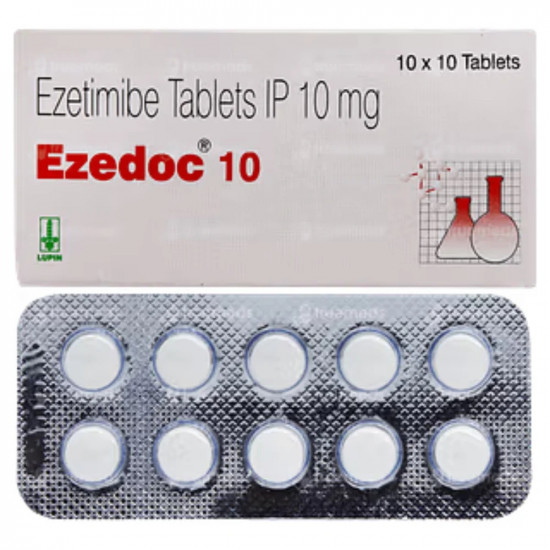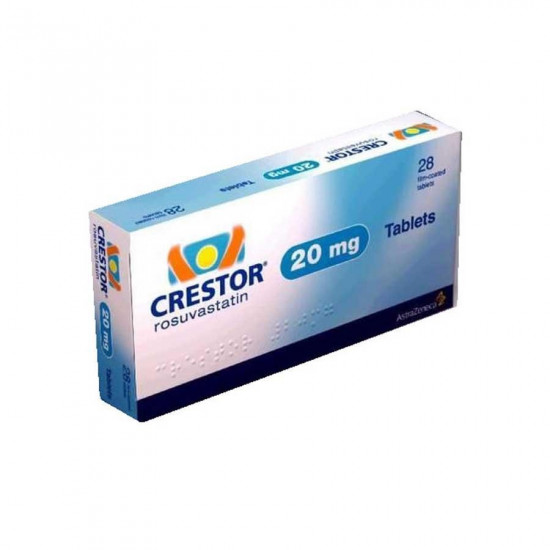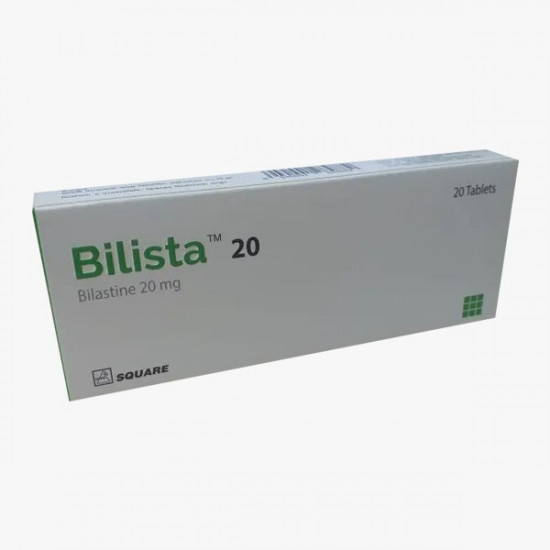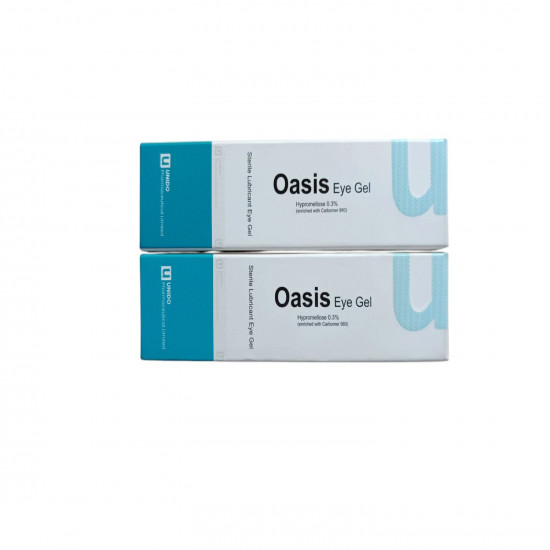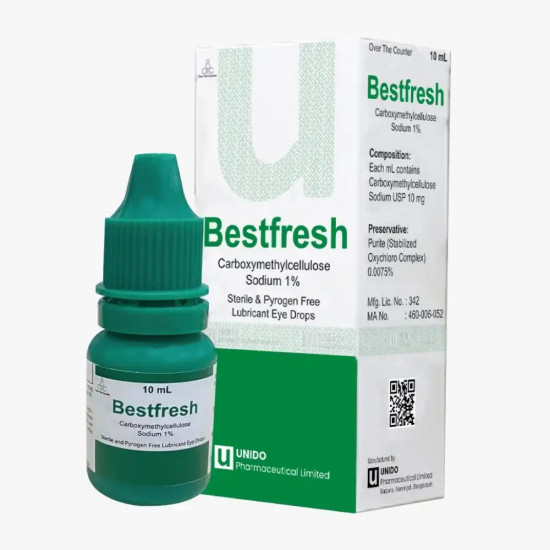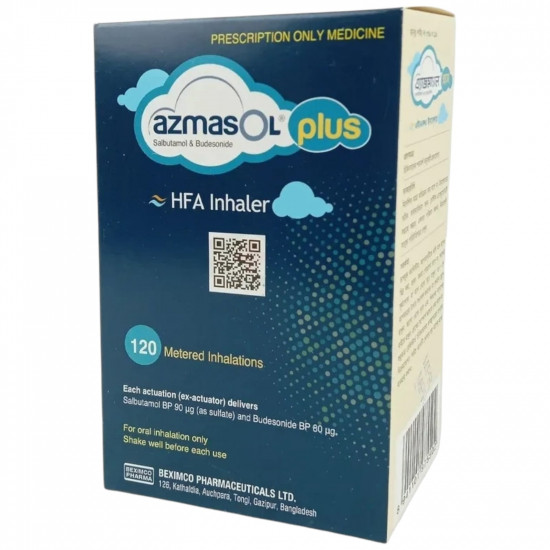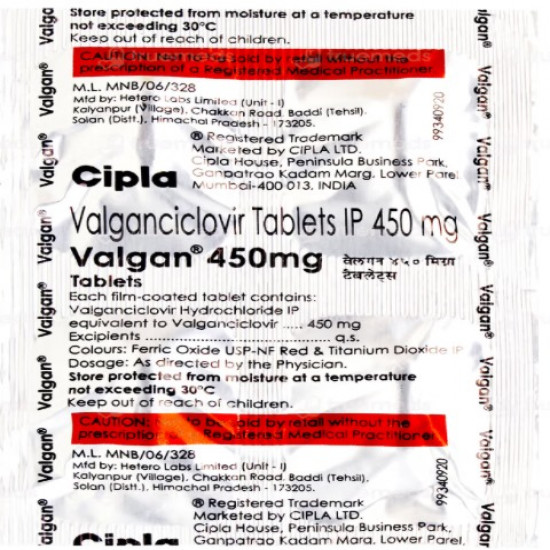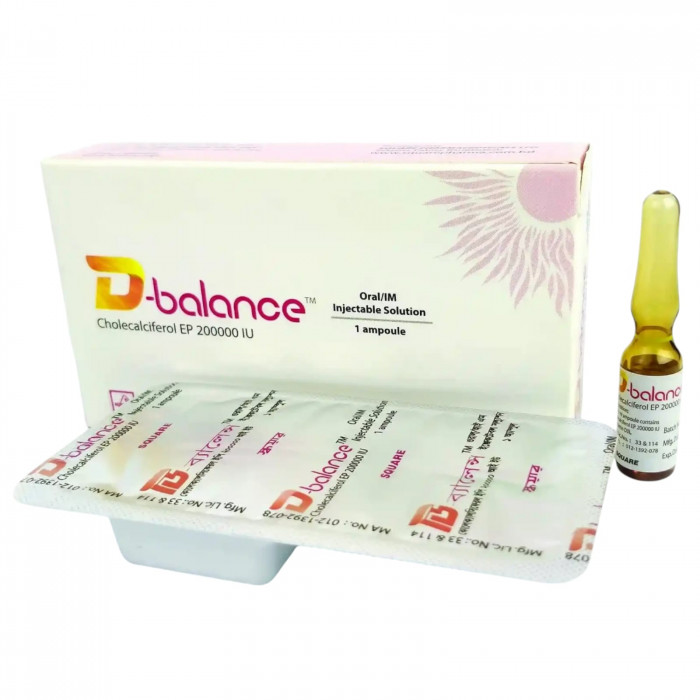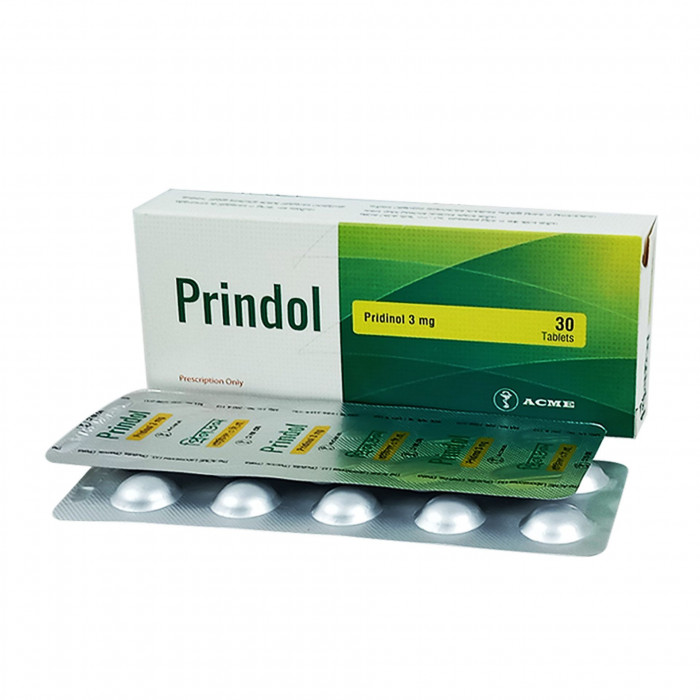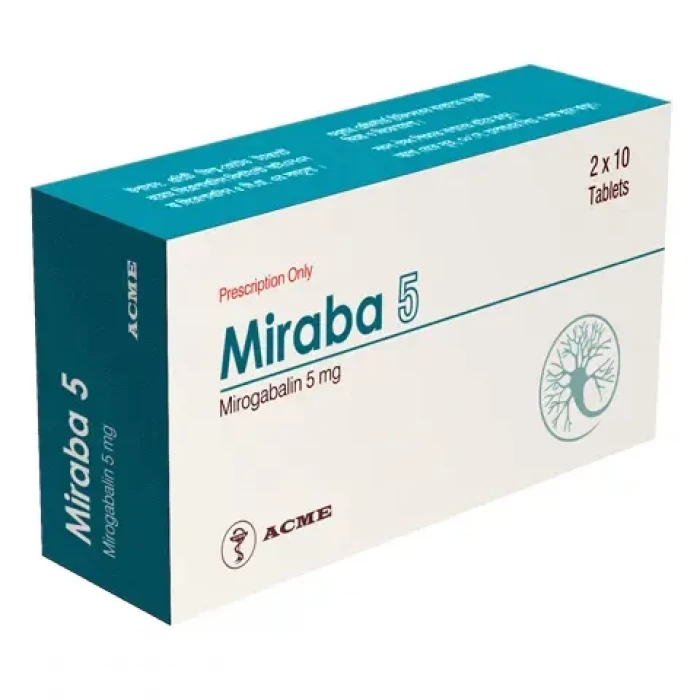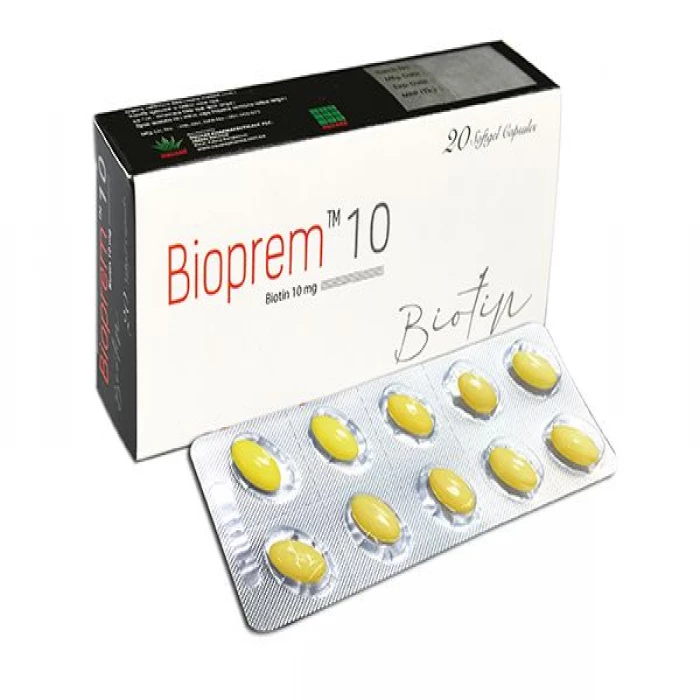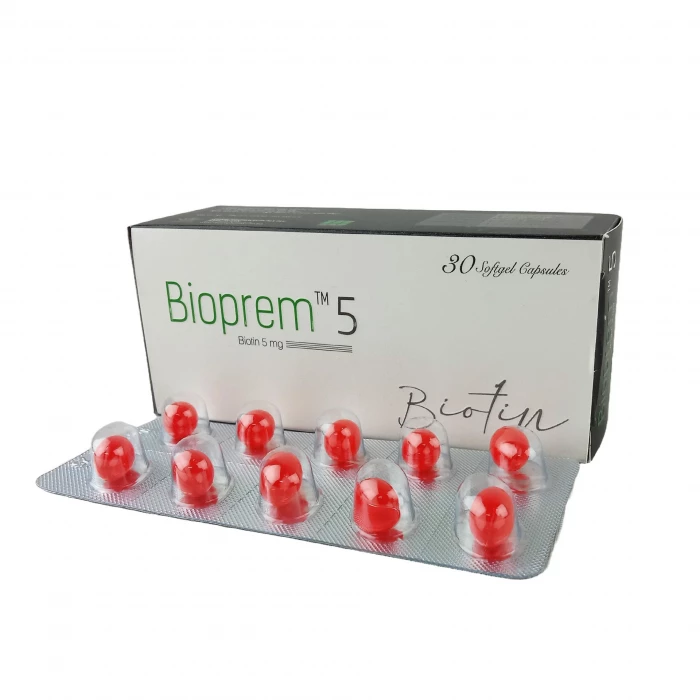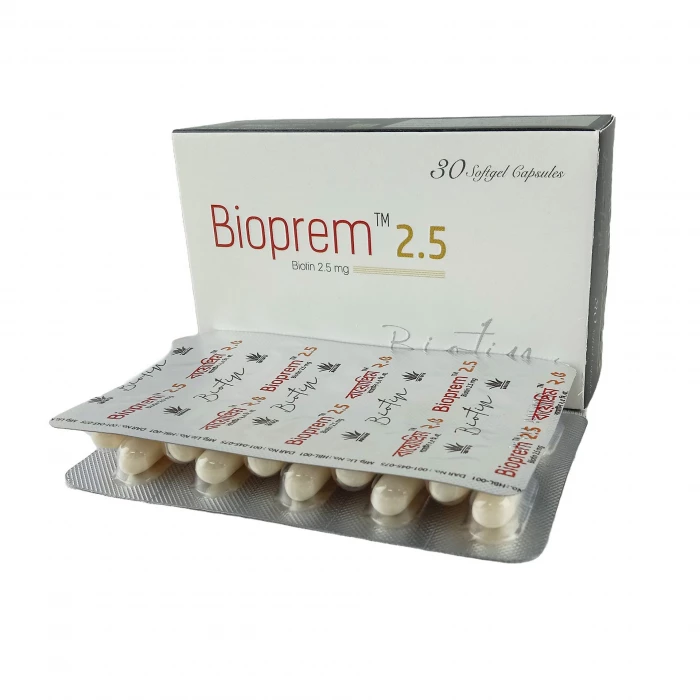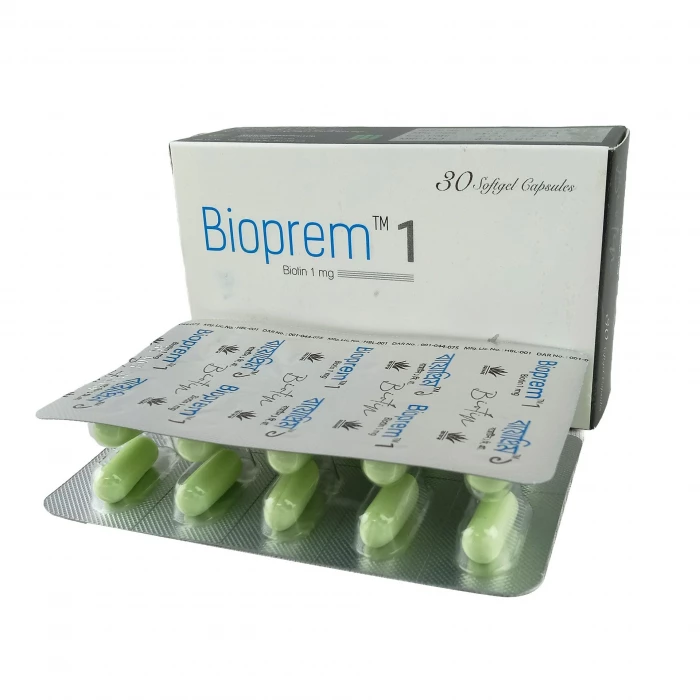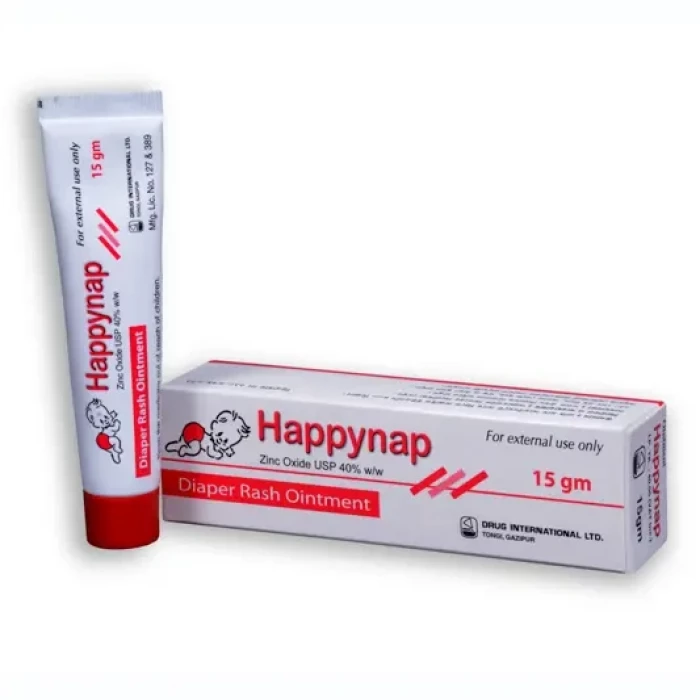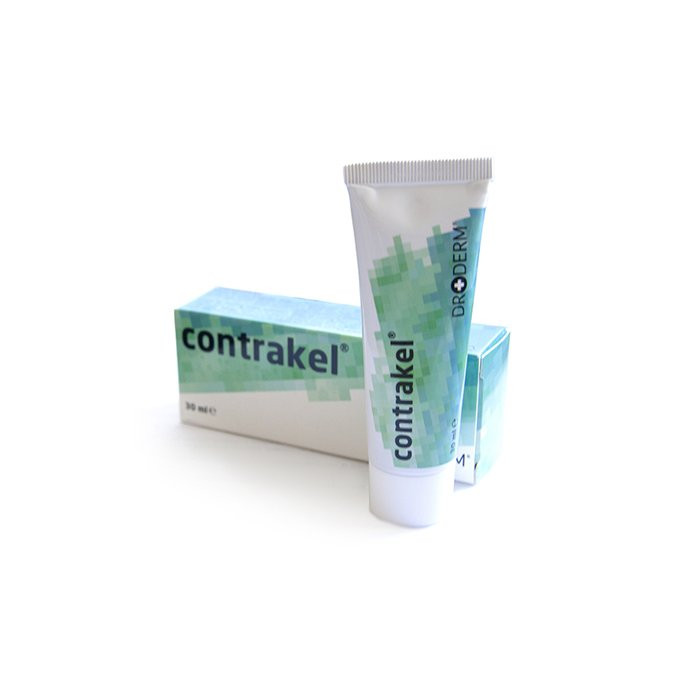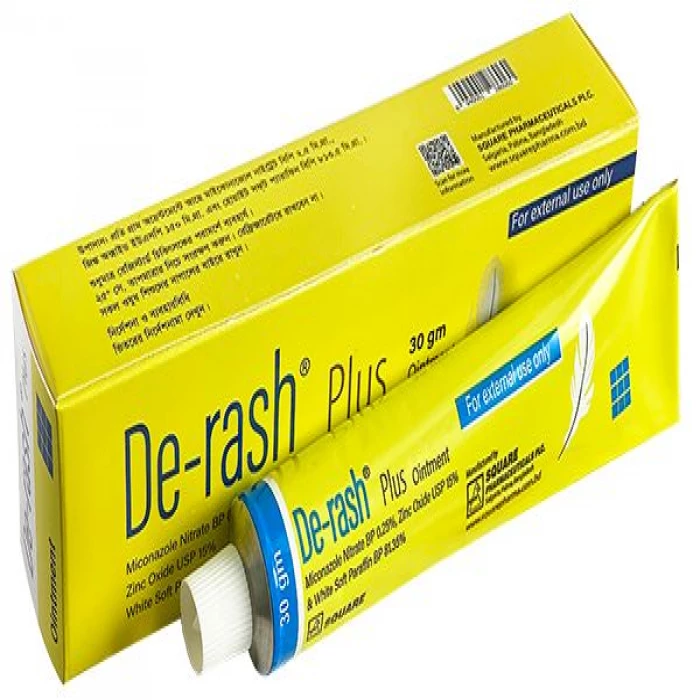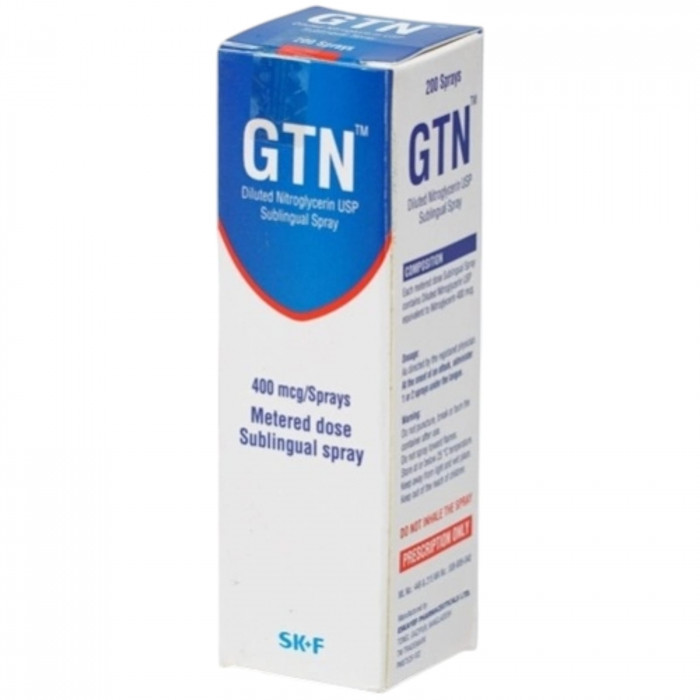
✔ 100% Authentic Product
👁️ Currently Viewing 2130
GTN is used to treat and prevent heart-related chest pain (angina). Angina occurs when the heart muscle is not getting enough blood. This medicine works by relaxing and widening blood vessels so blood can flow more easily to the heart. GTN should be taken in the dose and duration as advised by your doctor. It may be taken with or without food, preferably at a fixed time each day. Do not consume more than the recommended dose, as this may have harmful effects on your body. You can develop tolerance to this medicine over time, which means that the same dose becomes less effective. You have to stick to a really specific dosing schedule to prevent this from happening. The most common side effect of this medicine is headache which may be severe. This can sometimes be helped by drinking plenty of fluids and avoiding alcohol. You may also experience lightheadedness, which could increase your risk of having a fall. There are other, rarer side effects, some of them serious. Ask your doctor and read the leaflet which comes with the medicine to make sure you are keeping safe. Do not use GTN if you are taking medicines to treat high blood pressure in your lungs (pulmonary hypertension), erectile dysfunction or if you have anemia or glaucoma (increased pressure inside the eye). Always tell your doctor what other health conditions you have and what other medicines you are taking. It is best not to drink alcohol with this medicine as it increases some of the side effects. If you are affected by dizziness, avoid driving. If you are pregnant, planning to become pregnant, or breastfeeding, ask your doctor before taking this medicine.
Discount
Price: ৳ 257
MRP:
৳
270
5%
Off

100% Genuine Products, Guaranteed

Safe & Secure Payments, Always

Fast, Secure & Efficient Delivery

Proper Packaging
 Cash on Delivery - All over Bangladesh
Cash on Delivery - All over Bangladesh Regular Delivery - 12-24 Hours, Dhaka City* Charge Tk.39-59
Regular Delivery - 12-24 Hours, Dhaka City* Charge Tk.39-59 Regular Delivery - 24-48 Hours, Other Cities* Charge Tk.99-110
Regular Delivery - 24-48 Hours, Other Cities* Charge Tk.99-110
 ফ্রি ডেলিভারিঃ - ৯৯৯ টাকা+ অর্ডারে, ঢাকা
শহরে
ফ্রি ডেলিভারিঃ - ৯৯৯ টাকা+ অর্ডারে, ঢাকা
শহরে ফ্রি ডেলিভারিঃ - ২৯৯৯ টাকা+ অর্ডারে, ঢাকার
বাহিরে
ফ্রি ডেলিভারিঃ - ২৯৯৯ টাকা+ অর্ডারে, ঢাকার
বাহিরে
100% Genuine Products, Guaranteed
Safe & Secure Payments, Always
Fast, Secure & Efficient Delivery
Proper Packaging
 Cash on Delivery - All over Bangladesh
Cash on Delivery - All over Bangladesh Regular Delivery - 12-24 Hours, Dhaka City* Charge Tk.39-59
Regular Delivery - 12-24 Hours, Dhaka City* Charge Tk.39-59 Regular Delivery - 24-48 Hours, Other Cities* Charge Tk.99-110
Regular Delivery - 24-48 Hours, Other Cities* Charge Tk.99-110 ফ্রি ডেলিভারিঃ - ৯৯৯ টাকা+ অর্ডারে, ঢাকা
শহরে
ফ্রি ডেলিভারিঃ - ৯৯৯ টাকা+ অর্ডারে, ঢাকা
শহরে ফ্রি ডেলিভারিঃ - ২৯৯৯ টাকা+ অর্ডারে, ঢাকার
বাহিরে
ফ্রি ডেলিভারিঃ - ২৯৯৯ টাকা+ অর্ডারে, ঢাকার
বাহিরে
✅ Description:
UNSAFE
Consuming alcohol while taking GTN may cause symptoms such as flushing, increased heart beat, nausea, thirst, chest pain and low blood pressure (Disulfiram reaction).
SAFE IF PRESCRIBED
GTN is generally considered safe to use during pregnancy. Animal studies have shown low or no adverse effects to the developing baby; however, there are limited human studies.
SAFE IF PRESCRIBED
GTN is probably safe to use during breastfeeding. Limited human data suggests that the drug does not represent any significant risk to the baby.
UNSAFE
GTN may decrease alertness, affect your vision or make you feel sleepy and dizzy. Do not drive if these symptoms occur.
SAFE IF PRESCRIBED
GTN is probably safe to use in patients with kidney disease. Limited data available suggests that dose adjustment of GTN may not be needed in these patients. Please consult your doctor.
CONSULT YOUR DOCTOR
There is limited information available on the use of GTN in patients with liver disease. Please consult your doctor.
✔️
Uses of GTN
- Angina (heart-related chest pain)
Side effects of GTN
Common
- Blurred vision
- Decreased blood pressure
- Dizziness
- Headache
- Increased heart rate
- Lightheadedness
- Paresthesia (tingling or pricking sensation)
How to use GTN
Take this medicine in the dose and duration as advised by your doctor. Swallow it as a whole. Do not chew, crush or break it. GTN may be taken with or without food, but it is better to take it at a fixed time.
How GTN works
GTN is a nitrate. It works by relaxing the blood vessels which decreases the oxygen demand of the heart and reduces its workload, thereby preventing/treating attacks of angina (chest pain).
What if you forget to take GTN?
If you miss a dose of GTN, take it as soon as possible. However, if it is almost time for your next dose, skip the missed dose and go back to your regular schedule. Do not double the dose.
Quick Tips
GTN may cause dizziness or sleepiness. Do not drive or do anything that requires concentration until you know how it affects you.
Do not consume alcohol while taking GTN as it may cause increased dizziness.
It may cause headaches which usually go away after a few days of continued treatment. Inform your doctor if it persists.
You may develop tolerance to GTN with time, meaning that the same dose may be less effective next time. Follow the prescribed dosing schedule to avoid this.
Stop taking medications (prescribed for erectile dysfunction) like sildenafil or tadalafil while on treatment with GTN as it may cause low blood pressure.
✔️
Indication
Angina pectoris, Acute myocardial infarction, Severe hypertension, Pulmonary edema.
Adult Dose
Oral Stable angina Adult: As SR tab/cap: 2.6-6.4 mg 3-4 times daily, adjust according to response. Max: 26 mg 4 times daily. Sublingual Tablet Angina Pectoris (Acute Relief) 0.5 mg SL q5min up to 3 times; use at first sign of angina Angina Pectoris (Prophylaxis) 1 tablet SL 5-10 minutes before activities likely to provoke angina attacks Sublingual Spray Angina 1-2 spray(s) PRN for angina, may repeat q3-5min, not to exceed 3 sprays in 15 minutes Spray onto or under tongue; do not inhale, expectorate or rinse mouth for 5-10 minutes Seek medical attention if pain persists after 3 doses in 15 minutes Angina, Prophylaxis 1-2 sprays 5-10 minutes before activities likely to cause angina Intravenous Acute myocardial infarction Adult: 10-100 mcg/min, w/ the dose initially at the lower rate, then increase gradually according to response. Induction of hypotension or control of hypertension during surgery Adult: Initially, 5-25 mcg/min, adjust according to response. Usual range: 10-200 mcg/min; doses up to 400 mcg/min may be required in some cases.
Renal Dose
Renal Failure CrCl: 10-50 mL/min: Administer q24-72hr CrCl: <10 mL/min: Administer q72-96hr
Contraindication
Hypersensitivity. Severe hypotension, heart failure, marked anaemia, hypertrophic obstructive cardiomyopathy, cerebral haemorrhage or head trauma, low cardiac output secondary to hypovolaemia, inferior MI with right ventricular involvement, raised intracranial pressure. Concomitant use with phosphodiesterase type-5 inhibitors.
Mode of Action
Glyceryl trinitrate acts on the enzyme nitric oxide stimulating guanylate cyclase in the vascular smooth muscle cells resulting in the relaxation of smooth muscles. It reduces venous return (preload) and facilitates subendocardial blood flow with redistribution into ischaemic areas. It relieves coronary vasospasm and dilates arterioles reducing afterload. It is useful for relief and prevention of anginal attacks.
Precaution
Severe hepatic or renal impairment, hypothyroidism, malnutrition, hypothermia. Cerebrovascular disease, lung disease or cor pulmonale. Pregnancy, lactation, glaucoma, mitral valve prolapse, cardiac tamponade, syncope. Gradual withdrawal in patients who have received prolonged high dose infusions. Avoid prolonged excessive hypotension. Nitrate-free interval is recommended in patients on continuous treatment with nitrates to reduce risk of tolerance. Lactation: not known whether the drug crosses into breast milk, use caution
⚠️Disclaimer:
At ePharma, we’re committed to providing accurate and accessible health information. However, all content is intended for informational purposes only and should not replace medical advice from a qualified physician. Please consult your healthcare provider for personalized guidance. We aim to support, not substitute, the doctor-patient relationship.




